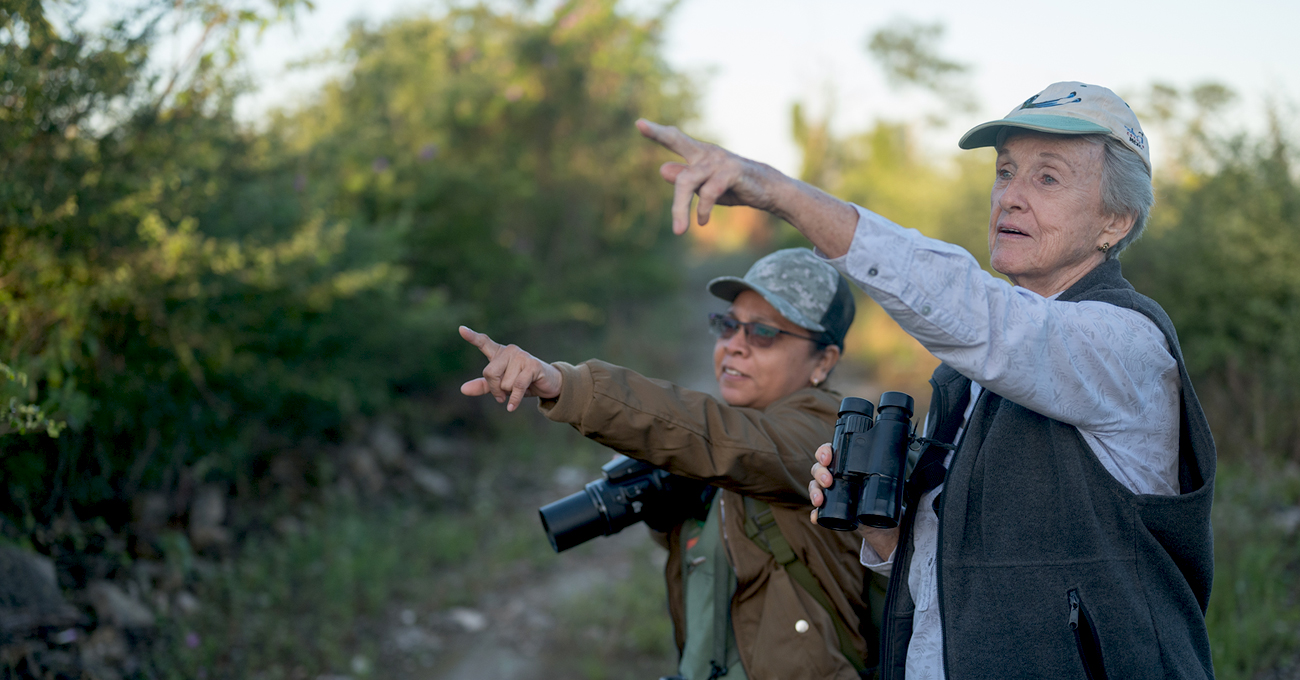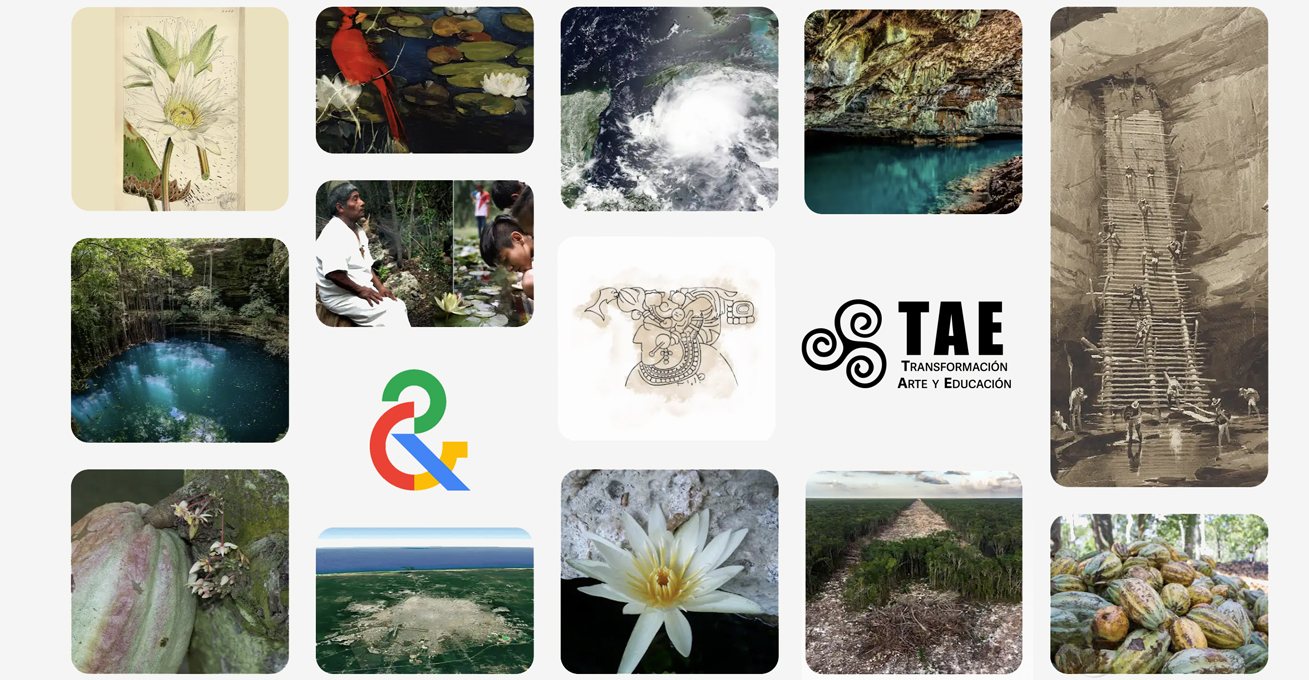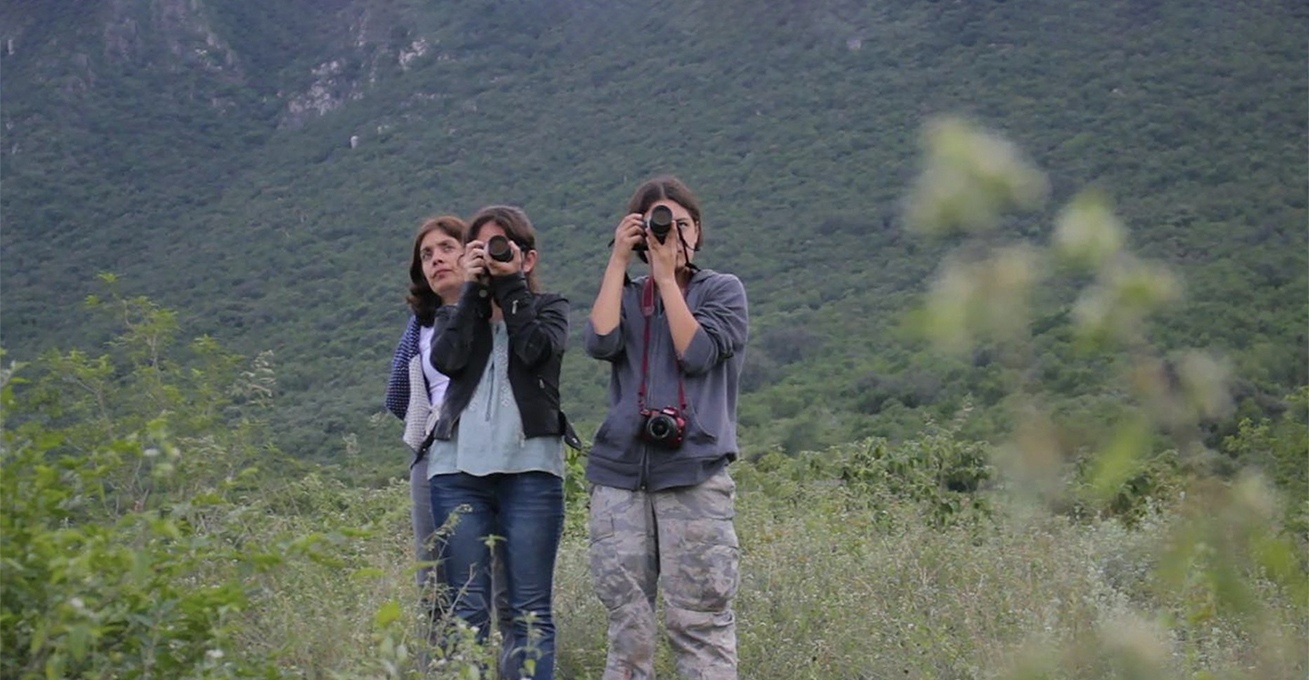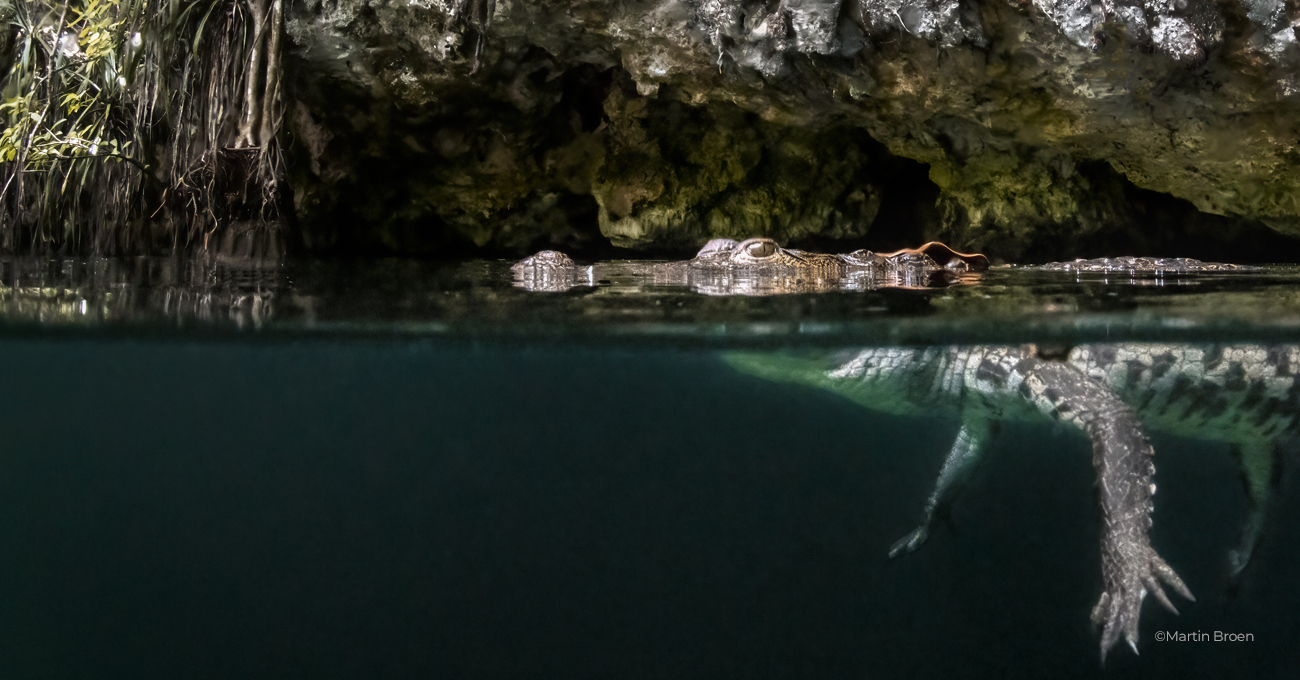
On November 23, volunteers from the Sal a Pajarear initiative in the Yucatan Peninsula, along with numerous guests, gathered in Coba, Quintana Roo, to honor the outstanding career of Barbara McKinnon, a visionary who has dedicated her life to promoting environmental education in the region through birdwatching.
Originally from a small town near New York, Barbara visited Puerto Vallarta, Mexico, in 1969 during a vacation. What began as a temporary trip turned into a new life: from a "migratory bird" she became a permanent resident of the Yucatán Peninsula, just as Cancun was beginning to develop. Through her work in the tourism sector, she forged connections with researchers and became passionately involved in birdwatching and regional conservation. She was also the founder of the organization Amigos de Sian Ka’an, A.C., which recently celebrated its 37th anniversary.
Since 1975, when she took a correspondence course on birds offered by Cornell University, Barbara has been an unwavering advocate for birdwatching as a tool to promote environmental conservation. Author of the Sal a Pajarear Yucatán guide, published in 2013, she has been key in advancing this activity throughout the peninsula.
Recently, her book "Memorias de la pajarera del Mayab" was translated into Spanish and presented in Cancun during the 37th anniversary of the Amigos de Sian Ka’an Association.
Known for her passionate and committed work, Barbara McKinnon has left an indelible mark on the Yucatan Peninsula. Through the Sal a Pajarear project, she has inspired people of all ages to reconnect with nature through birdwatching and educational activities. This program, created by Transformación Arte y Educación A.C. (TAE), not only promotes environmental awareness but has also fostered a vibrant community of birdwatchers actively working toward the conservation of local ecosystems.
The tribute to Barbara McKinnon takes place during the ninth annual meeting of volunteers from the Sal a Pajarear Yucatan program, which currently connects 23 communities in Campeche, Yucatán, and Quintana Roo.



